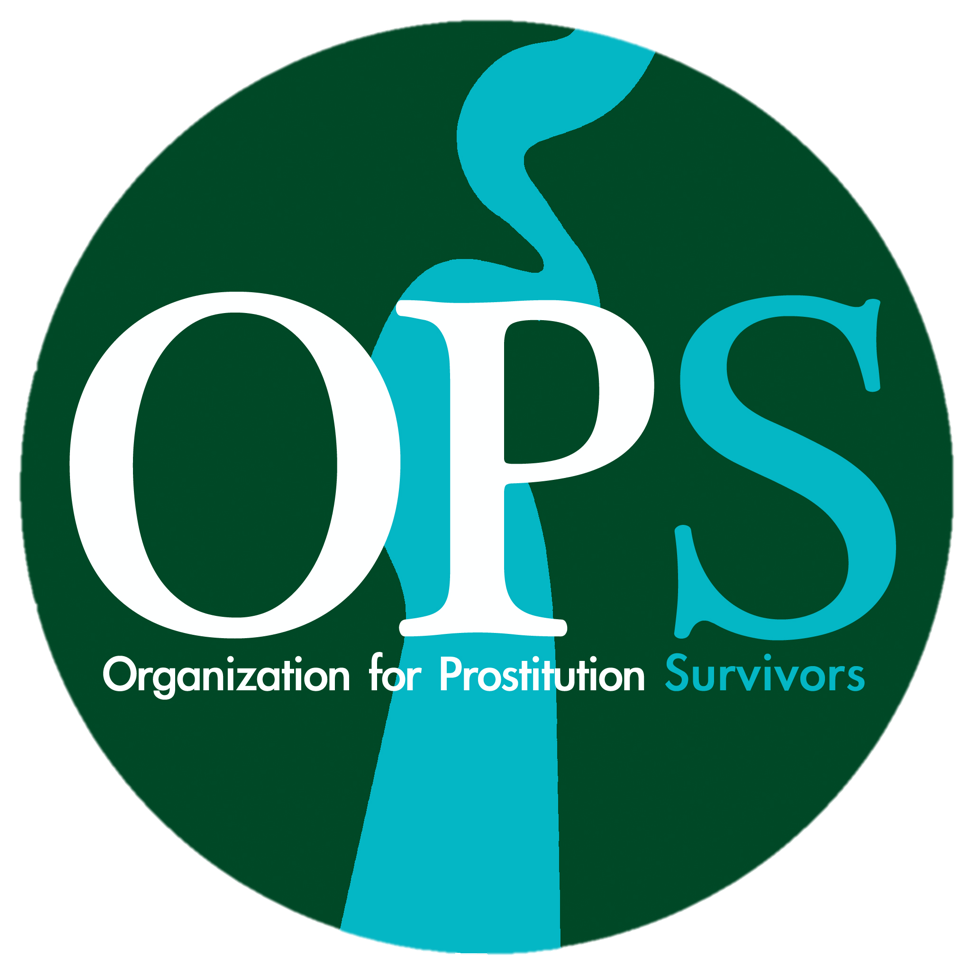Hyper Criminalization and Hyper Sexualization of Black Women in CSE
In a world that often silences the voices of black women and girls, we must shine a light on the intersecting challenges they face: hyper criminalization and hyper sexualization. Research conducted by the Center on Poverty and Inequality reveals a truth that deeply troubles us – black girls are all too frequently stripped of their innocence, seen as more adult-like, burdened with unjust stereotypes that perpetuate harmful narratives.
The historical injustices rooted in the era of slavery continue to shape today's unjust treatment of black girls and women. The painful legacy of systemic abuse and exploitation of black female bodies has left lasting scars, leading to their hypersexualization and the perpetuation of damaging racial stereotypes that label them as "bad girls."
These stereotypes not only fuel misconceptions within society but also hinder efforts to identify victims of trafficking. Black women involved in the sex trade often face the assumption that they have willingly chosen their circumstances, disregarding the harsh realities of trafficking that many endure. This dangerous misconception, combined with implicit biases in law enforcement and society, creates formidable barriers in recognizing and supporting victims of exploitation.
Furthermore, historical oppression and embedded systemic racism present additional challenges for black females who face a disproportionately higher risk of human trafficking. The echoes of the transatlantic slave trade resonate in the normalization of sexual abuse against black girls and women, perpetuating harmful stereotypes and resulting in differential treatment within education and the justice system.
Discovering that black girls are viewed through a distorted lens of adulthood in our present day is disheartening. Their innocence is too often stripped away, and they are denied the protection that their white counterparts receive. This sobering reality underscores the urgency with which we must address the deep-rooted biases that shape our perception and response to the vulnerabilities of black girls in our society.
As we move forward, our shared journey toward healing and empowerment necessitates ongoing learning and attentive listening. By acknowledging and dismantling the historical patterns of discrimination and exploitation, we take vital strides toward cultivating a more just and inclusive society for all.
If you are a black survivor who is struggling to change their narrative, we recommend attending our Zoom Wednesday Black Survivor Queen’s Journey Support Group. Join us on Zoom from 5-6pm as we inspire, uplift, and reclaim our power. Together, we will rewrite the narratives that shape our lives and create a future filled with strength and resilience.
Together, we can rewrite the narrative, amplify the voices of black women and girls, and build a future where their innocence is safeguarded, their vulnerabilities met with compassion, and where empowerment paves the way for a brighter and more equitable tomorrow.


